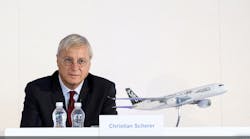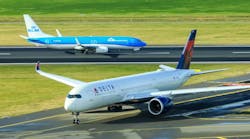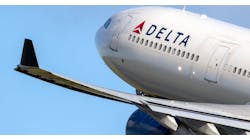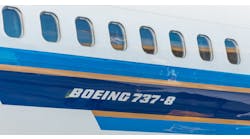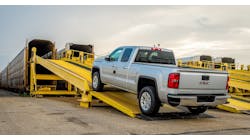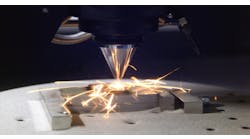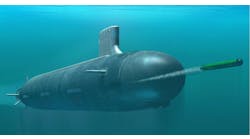Airbus SE issued its 20-year commercial-aircraft market forecast, identifying demand for 39,210 new passenger and cargo jets amid a global fleet of almost 48,000 aircraft by 2038. The OEM noted the number of commercial aircraft in service worldwide will more than double over the 2019-2038 period, from nearly 23,000 in service now, expanding by a 4.3% annual growth rate.
The emerging market will require 550,000 new pilots and 640,000 new technicians, according to Airbus.
More specifically, Airbus foresees a need for 39,210 new passenger and freighter aircraft: 29,720 small aircraft; 5,370 medium aircraft, and 4,120 large aircraft. Of these, 25,000 aircraft represent new market growth, and 14,210 are seen replacing older aircraft.
The Airbus figures contrast with rival Boeing’s Current Market Outlook study for the same 20-year period. Boeing put the total market for commercial jets at 44,040 in its report issued in June of this year.
Contrasting to both manufacturers’ forecasts, investment bank UBS issued a study predicting that increasing concern about commercial aviation’s impact on the environment will contribute to lower passenger volumes and reduced jet demand. Citing surveys of passengers who claim to be cutting their air travel over climate concerns, as well as new European ticket taxes meant to discourage domestic and long-distance travel, UBS's model predicts intra-European traffic over the next 20 years will grow by just 1.5%/year.
Airbus maintains that air traffic has more than doubled since 2000, and is increasingly important in connecting large population centers, even in emerging markets where travel costs frequently are highest.
Airbus noted that about 25% of the world’s urban population is responsible for more than 25% of global GDP, implying that "aviation mega cities (AMCs)" will continue to drive growth for global aviation.
Developments in fuel efficiency also are driving new-aircraft demand, to replace less fuel-efficient aircraft.
